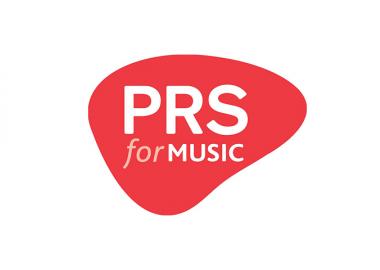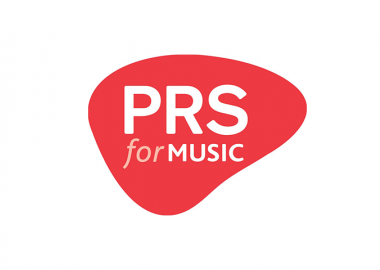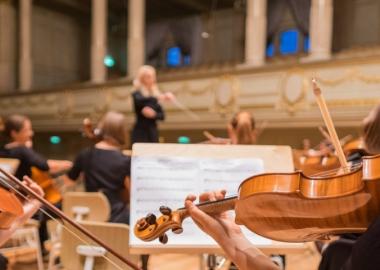PRS for Music is the UK organisation that ensures composers and music publishers receive royalties when their music is played or performed in public. Whether it’s a live concert or a public rehearsal, PRS for Music helps to ensure that music creators are fairly paid for their work.
If your group performs music in public, understanding PRS is essential to ensure you comply with licensing rules.
PRS for Music vs PPL – what’s the difference?
PRS for Music and PPL (Phonographic Performance Limited) both manage music licensing, but they cover different rights:
- PRS for Music collects royalties on behalf of composers and publishers when their music is performed or played publicly.
- PPL collects royalties for recorded music played in public, ensuring payment to performers and record labels.
If you perform live music, you need a PRS for Music licence. If you play recorded music (such as CDs, digital files, or radio), you may also need a PPL licence.
Who needs a PRS for music license?
A PRS for Music licence is required when copyrighted music is performed in public. This includes:
- Live music performances (concerts, gigs, festivals)
- Rehearsals or events where music is played outside a private setting
Many venues already hold a PRS licence, meaning they cover the fees. However, if your group hires a venue that does not have a PRS licence, you may be responsible for paying the fee.
Leisure-time music groups should check with their venue to confirm who is responsible for PRS payments.
How does PRS for Music collect and distribute royalties?
PRS for Music collects fees from venues, event organisers, and music groups, then distributes royalties to music creators. The process works as follows:
- Music is performed or played in public. This could be a live concert, or a broadcast.
- PRS collects licence fees. Venues, event organisers, or groups report performances and pay the required fees.
- Music usage is reported. Details of songs performed are submitted, helping PRS allocate payments correctly.
- Royalties are distributed. Composers, songwriters, and publishers receive payments based on how often their music is performed.
By ensuring fair payments, PRS for Music supports the continued creation of music.
Need help with PRS for Music?
If you're unsure about your PRS obligations, Making Music can help. We provide guidance on licensing, reporting performances, and ensuring your group complies with PRS rules.
For more information, visit our PRS overview page or contact us for support.
Further information
- PRS versus PPL
- How to pay PRS (available to Making Music members)
We hope you find this Making Music resource useful. If you have any comments or suggestions about the guidance please contact us. Whilst every effort is made to ensure that the content of this guidance is accurate and up to date, Making Music do not warrant, nor accept any liability or responsibility for the completeness or accuracy of the content, or for any loss which may arise from reliance on the information contained in it.








